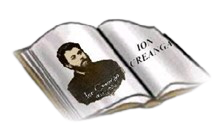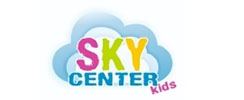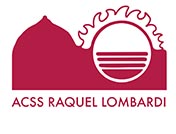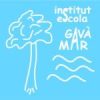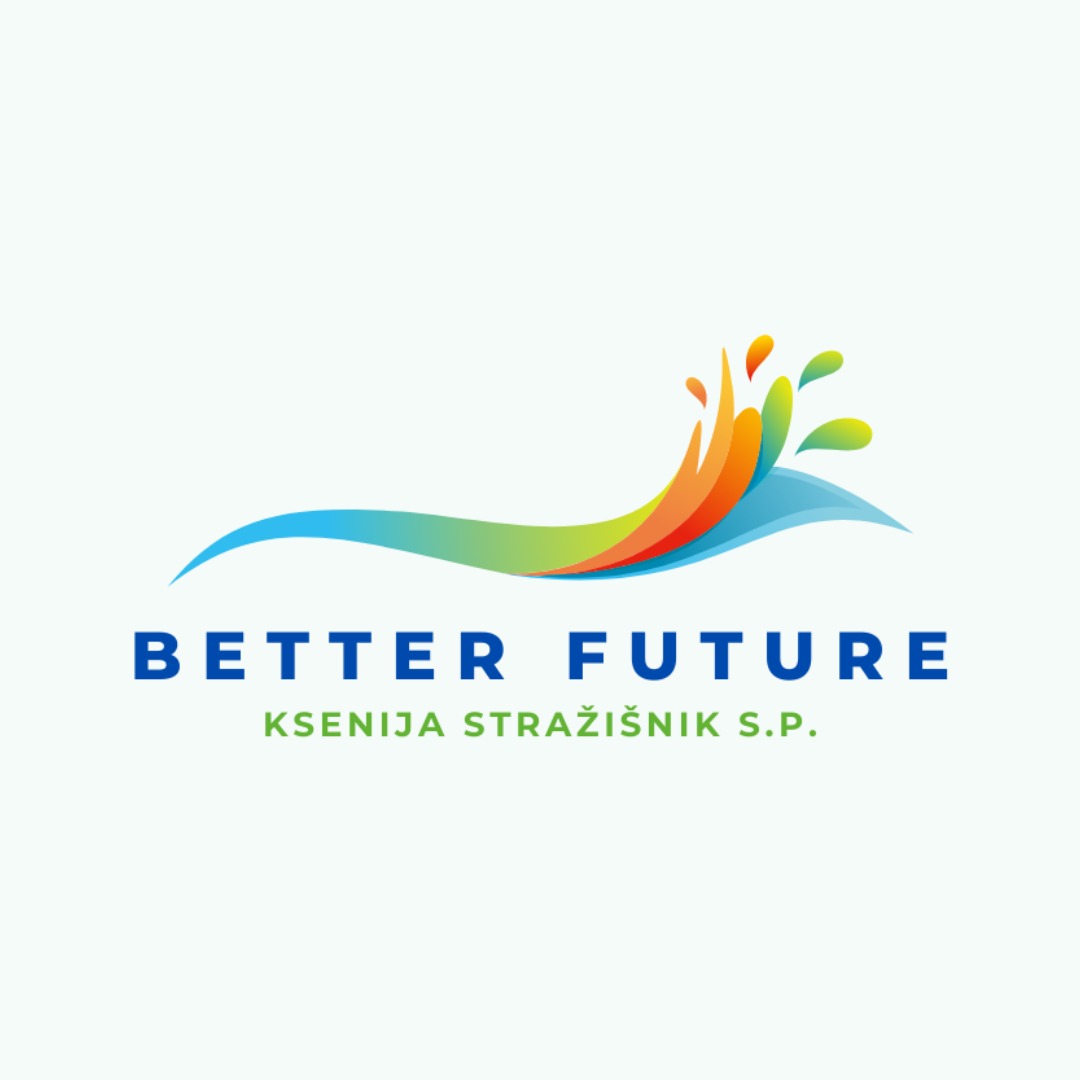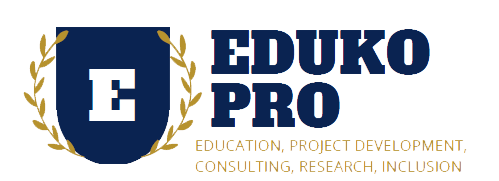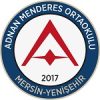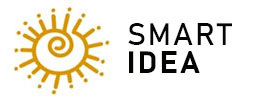Scoala Gimnaziala “Ion Creanga” Satu Mare Romania Nord-Vest Satu Mare
Our school is located in Satu Mare, a town from the North-Western part of Romania, in the very proximity of Hungarian and Ukrainian borderlines. The region we belong, can be defined as a multi-ethnic society.The structure of the population, based on nationality, reveals a 58.5 % Romanian majority, a 35% Hungarian minority, then a 3.6 % German minority and 2.9% others. A lot of people speak at least 2 languages fluently: Romanian and Hungarian.The economic development of our town is a medium one so the social status of residents is heterogeneous. 502 students aged 6 – 15 are learning in our school on the two levels: primary and secondary one and they are mentored by 40 teachers. Due to the specific structure mentioned above,there is a bilingual type of education in the school: both Romanian and Hungarian. Our students learn English and German as foreign languages. We also have a 5-th grade and a 7-th grade class with intensive learning of English. The teachers are also interested in using the most innovative methods of teaching, especially by using ICT tools.
That’s why they take part in lifelong learning programmes, in order to achieve modern pedagogical approaches so as they can optimise their work with the students. They try to offer the students attractive activities so the school could be seen as a friendly place for them. But, although teachers and students are digitally literate, these skills were not enough in the crisis situation generated by the pandemic. Not being prepared for the online school, they were put in the situation of rethinking the entire educational process, adapted to the new conditions. The difficulties we faced were multiple. I was not aware of the best tools and means to interact online, to create different resources, to make accurate assessments online, to keep students’ interest in learning awake. In the absence of the necessary skills, many teachers simply submitted worksheets for students to complete, or presented summaries of the lesson. The students, in turn, were put in the situation of operating with platforms that were unfamiliar to them. The quality of education decreased, the students did not acquire all the knowledge, the teachers did not reach the objectives of the lessons, in many cases. We think that better knowledge of modern technology can improve the quality of learning, so we encourage the development of ICT skills and competences. However, ICT can be integrated in every subject. The school has a long tradition in environmental protection actions. As an eco-school, with the green flag reconfirmed repeatedly, we make our students aware of the importance of a clean environment and the harmful effects of pollution. Our students’ social status is different and we also have pupils whose parents work abroad. Due to the particular conditions of our region, they are educated in the spirit of tolerance: for pupils with different backgrounds, from different ethnic groups or different confessions. We are also working to integrate a few children with special needs by giving them some facile tasks and involving them in different activities.
We teach all of them about the value of social integration and we try to assure equality of opportunities.
What are the activities and experience of the organisation in the areas relevant for this project? What are the skills and/or expertise of key persons involved in this project?
2008-2010 -Comenius project, “The World Watched by Children” It offered the opportunity both for the children and for the teachers to learn about other cultures and to develop their skills in foreign languages.
2014-2015-KA1 Erasmus+ mobility project,“New Competences for a European School”. It was aimed to develop linguistic and digital skills, and the use of modern methods and resources in teaching.
2018-2020-Erasmus+ project “Living Books in Schools”.The aim was to implement the non-formal methods in formal education.The main goal was to educate the students against discrimination, prejudices, stereotypes about different categories of minorities.
15 Etwinning projects including: “Web Tools for Better Learning”–aiming to ensure sustainability of the mobility project we have carried out. Students had to present local and national personalities, traditions,using various web tools. “STORYWEB” – aims to arouse students’ interest in reading and developing digital skills, necessary for online education.Tasks are performed using various web tools. “My Friends-Living Books”- was a project in the frame of “Living Books in Schools”partnership, created to carry out online mobility for the students. After onsite mobility, participants found “books” among peers at their school, young people who have a positive influence on society and are “different” from the majority of peers. Key persons Maria Grecu Math teacher, Master’s degree in Educational Management, External evaluator expert at the Romanian Quality Assurance Agency in Pre-University Education, Trainer and TOT, Erasmus+ coordinator Experience Digital skills acquired in the “Technology Enhanced Learning” program (York Associates, 2015), Certified Educational oftware
Creator, Course developer and trainer within the “Web Tools for Online Teaching” program, Trainer within the “Relevant Curriculum-Open Education for All” accredited program, Erasmus + project team coordinator: “Living Books in Schools”,
Erasmus + coordinator: “New skills for a European school”,Trainer within the accredited programs “Empowerment on the curriculum at the decision of the school, at interdisciplinary level” and “Continuous professional development on the component of differentiated teaching”, Short-term expert for the project “Support for school units in the implementation of the manual for internal evaluation of the quality of education”, Short-term expert for the project “Development of quality culture and provision of quality education in the pre-university education system in Romania by implementing reference standards” International conferences and symposia : “Playful Learning for Better Results” (Pan-European Conference on Distance Learning-2020), “Using Genially, MapHub and Classcraft applications for assessment activities” (Online Education-2020), “Livresq-authoring Tool: Quality Tools for Quality Teaching Content” (Pan-European Conference on Distance Learning-2020), etc. Published articles: Online Animated Presentations (Profedu no.2, June 2018);Models of ICT Integration in the Teaching Process (Vol. Romanian Emeritus Teachers, 2018); Online school (Vol. Education Without Borders,2019), etc. Doina Feher Technological Education teacher,Faculty of Mechanical Engineering graduated, Technical College of Economics and Administration graduated, Technical University of Cluj Napoca,Applied informatics”graduated,Master’s degree in Educational Management,TOT Former Deputy Mayor of Satu Mare, responsibilities: SAD Department (Social Assistance Directorate) of Satu Mare municipality, Education Department (49 educational units ),IT department of the mayor’s office and subordinated institutions, Department of Culture and subordinate institutions,Public relations Experience Digital skills acquired within “Web Tools for Online Teaching” program(2021) Trainer within “School for Every Children” project, Trainer within ,, Passport for the Department” project Publication 2012- Guide for Parents and Children
